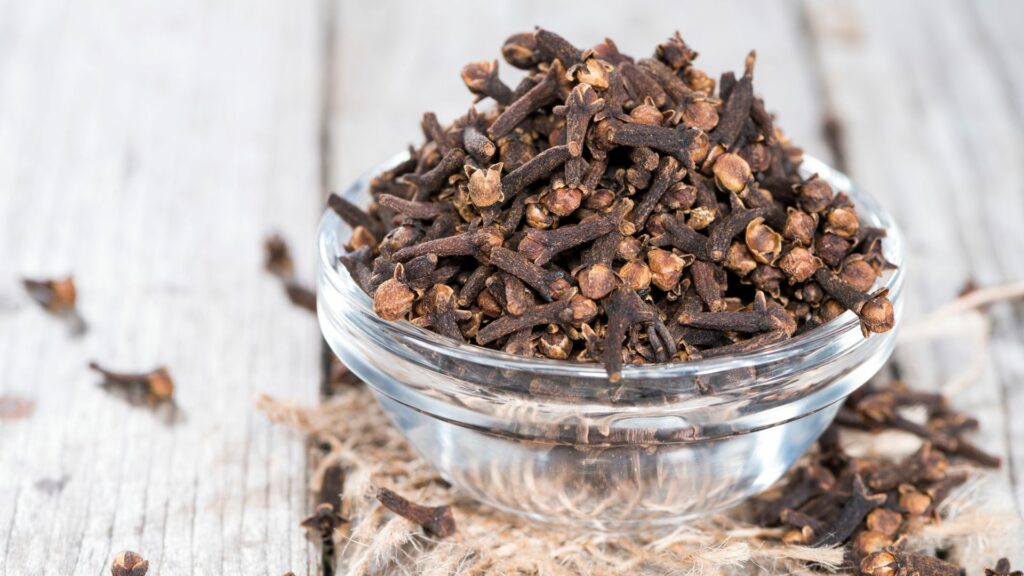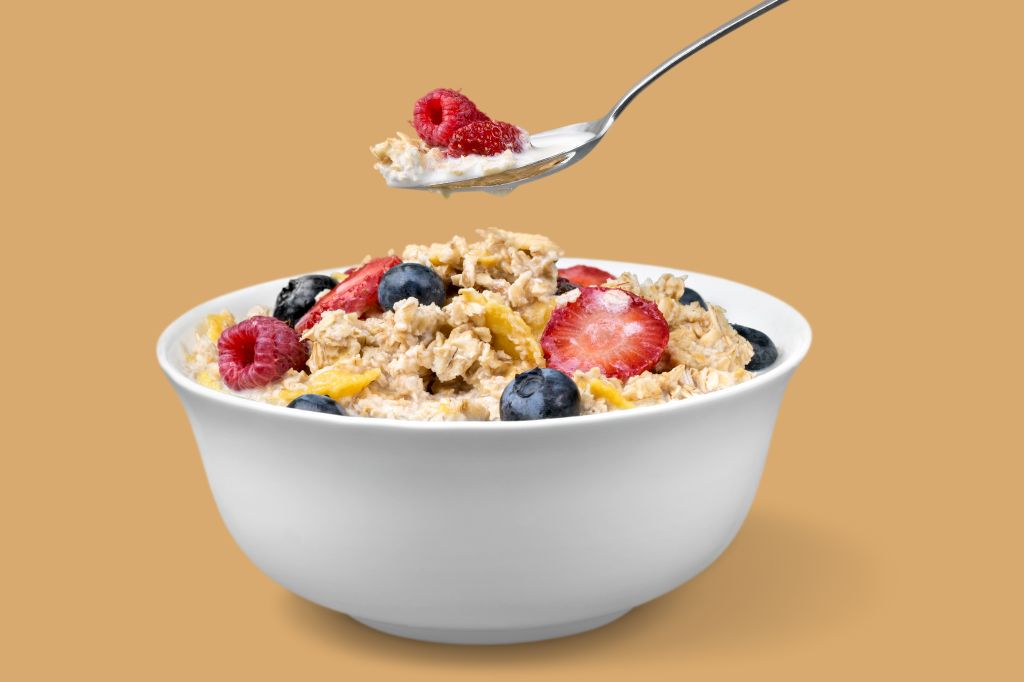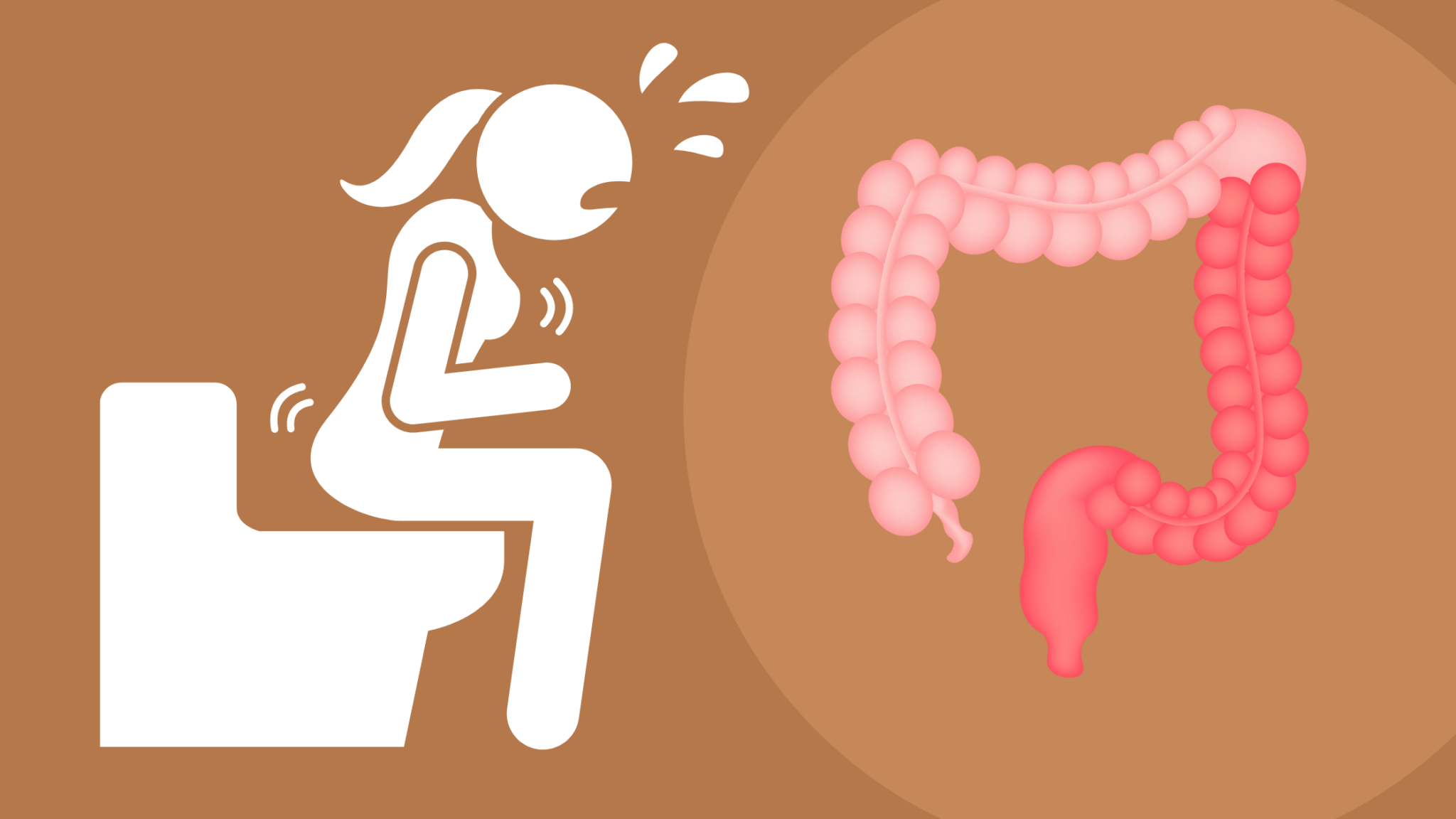Health Benefits of Cloves
What Are Cloves?
Cloves have been used for centuries as a spice and medicinal herb. It is the unopened flower bud of the evergreen clove tree (Syzygium aromaticum), native to Indonesia. But nowadays, cloves grow in India, Madagascar, Sri Lanka, and the Caribbean Islands.
Cloves have an intense flavor and aroma, with notes of pepper and cinnamon. The flavor comes from the compound eugenol. Clove is high in vitamins, minerals, and antioxidants. It has been used in traditional Chinese and Ayurvedic medicine for centuries to treat various ailments such as digestive issues, pain relief, respiratory problems, skin conditions, and more.
Cloves can be used whole or ground up to add flavor to dishes such as soups, stews, meats, sauces, curries, and more. Using cloves to add flavor to your food can provide some important nutrients such as fiber, vitamins C and K, manganese, calcium, and magnesium. Additionally, cloves may offer health benefits such as reducing inflammation and fighting bacteria due to their antioxidant content. I’ll go into more detail about the health benefits of cloves below.
Health Benefits of Cloves

Cloves are a powerhouse of antioxidants and have anti-inflammatory, antimicrobial, and analgesic properties. As I explained earlier, cloves are rich in vitamins and minerals, including vitamin K, vitamin D, vitamin E, beta carotene, manganese, potassium, magnesium, and calcium. Here are some of the health benefits of cloves:
1. May Improves Digestion
Cloves have traditionally been used to improve digestion and help cure indigestion. Consuming a pinch of clove powder daily can stimulate the production of digestive juices, which increases appetite and reduces bloating. Besides, the antimicrobial properties of cloves help eliminate bad bacteria in the gut. This helps to improve gut health and prevent digestive issues such as constipation, diarrhea, and abdominal pain.
2. Supports Oral Health
Cloves have been used to treat toothache and bad breath for centuries. Thanks to their antibacterial and antifungal properties, cloves can help fight plaque buildup and improve oral health. The compound eugenol helps numb gum pain and reduce swelling.
3. Antibacterial
Cloves have antibacterial properties. It can help fight infections caused by bacteria. Experts believe that the compound eugenol in cloves is responsible for its antimicrobial effects.
4. Relieves Pain
Cloves are used as natural painkillers due to their analgesic properties. Studies suggest that clove oil can be applied directly on the skin to reduce pain due to a cut, insect bite, burn, or other skin irritations. Most experts agree consuming cloves in powder form or tea may help ease pain from arthritis, headaches, migraines, and muscle aches.
5. May Promotes Heart Health
Cloves contain high levels of antioxidants, which can help protect the heart from damage caused by free radicals. In addition, cloves contain anti-inflammatory compounds that can reduce cholesterol and triglyceride levels in the blood, thus reducing the risk of heart disease.
6. May Improves Skin Health
Due to their antiseptic and anti-inflammatory effect, cloves can help improve skin health. Clove oil treats acne, athlete’s foot, fungal infections, and other skin problems. The oil can also reduce wrinkles and fine lines.
7. May Boosts Your Immune System
Consuming cloves regularly can help boost your immune system. This is because the eugenol in cloves can help strengthen immunity and protect the body against diseases and infections.
8. May Keep Your Blood Sugar Levels In Check
Cloves may help in controlling blood sugar levels. Since they contain compounds that are responsible for insulin sensitivity. This is especially helpful for individuals with type 2 diabetes as it helps reduce insulin resistance and improves glucose metabolism.
How to Use Cloves
Cloves can be used in both sweet and savory dishes. They are an essential ingredient in Indian, Chinese, and other Asian cuisines. Cloves can be used whole or ground up and added to soups, stews, meats, sauces, curries, and more. Additionally, cloves can be used to make tea and other beverages. They can also be added to smoothies, oatmeal, porridge, yogurt, and more.
When it comes to consuming cloves, start with a small amount and increase gradually as needed. Pay attention to how your body responds, and if you experience any side effects, stop consuming cloves immediately and speak to your healthcare provider.






